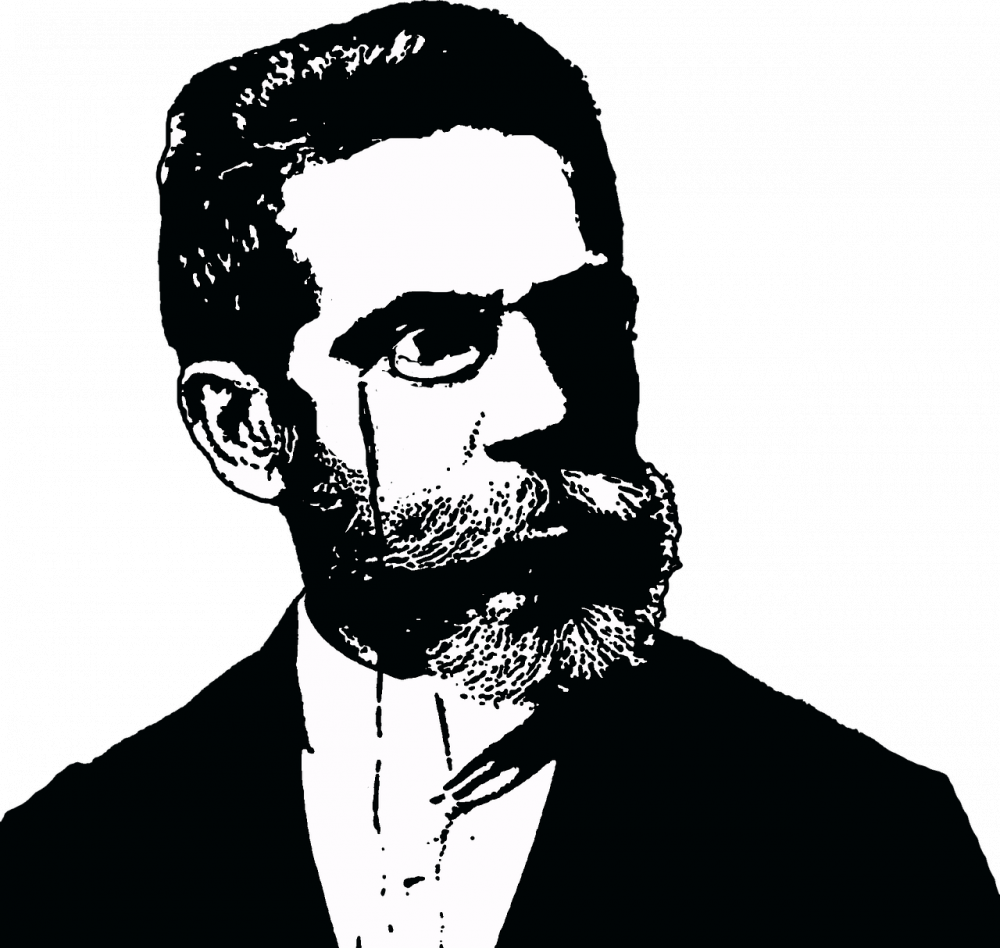George Orwell: A Compelling Figure in Literature

Introduction
George Orwell, born Eric Arthur Blair, is a renowned British author known for his thought-provoking and politically charged works. His writing style is distinctive, providing a raw and realistic portrayal of the human condition in the face of oppressive political regimes. This article aims to provide a comprehensive overview of George Orwell’s life, his significant contributions to literature, and the historical context that shaped his works.
A Brief Biography

George Orwell was born on June 25, 1903, in Motihari, Bihar, India, during the British Raj. His father worked as a sub-deputy opium agent and his mother came from a lower-middle-class family. Orwell was educated at prestigious English boarding schools, where he developed a strong sense of justice and a keen interest in literature. After completing his education, he joined the Indian Imperial Police in Burma but resigned in 1927 due to his growing disillusionment with British colonialism.
Orwell then embarked on various occupations, including working as a teacher, journalist, and bookseller, all the while honing his writing skills. As a politically engaged individual, he fought alongside the Republican forces in the Spanish Civil War in the late 1930s, an experience that profoundly influenced his literary career. Orwell’s works reflect his first-hand observations of political unrest, totalitarianism, and the suppression of individual freedoms.
Evolution of George Orwell’s Works
George Orwell’s literary career can be divided into three distinct phases: early writings, wartime propaganda, and dystopian novels.
1. Early Writings: In Orwell’s early works, such as “Down and Out in Paris and London” (1933) and “Burmese Days” (1934), he explores themes of poverty, social injustice, and imperialism. These works provide a glimpse into his personal experiences and the harsh realities he witnessed.
2. Wartime Propaganda: During World War II, Orwell worked as a BBC radio producer and wrote propaganda pieces for the British government. Notably, he penned the allegorical novella “Animal Farm” (1945), which satirizes totalitarianism and critiques the corruption of power.
3. Dystopian Novels: Orwell’s most famous and influential works are his dystopian novels, “Nineteen Eighty-Four” (1949) and “Animal Farm.” In these novels, he envisions a future society plagued by totalitarian control, surveillance, and manipulation. “Nineteen Eighty-Four” introduced concepts like Big Brother, Newspeak, and the Thought Police, which have entered the lexicon as symbols of authoritarianism.
George Orwell’s Influence and Legacy
George Orwell’s works continue to resonate with readers worldwide due to their timeless themes and stark warnings against oppressive regimes. His ability to paint vivid and dystopian pictures of society offers readers a lens through which to examine their own world critically. Orwell’s works have been influential in the fields of literature, philosophy, and political science, as they provoke reflection on power dynamics, the erosion of civil liberties, and the dangers of unchecked authority.
Despite his untimely death at the age of 46 in 1950, George Orwell’s impact on literature and political discourse remains profound. His writing has inspired countless intellectuals, activists, and artists, shaping their understanding of authoritarianism and the importance of individual freedom.
Conclusion
George Orwell’s unique perspective and unwavering commitment to social justice have solidified his place as one of the most significant literary figures of the 20th century. His experiences, coupled with his sharp intellect and uncompromising writing style, enabled him to produce works that continue to captivate and provoke thought.
Through his novels, essays, and journalism, Orwell sheds light on the dark undercurrents of political power and totalitarian control. His ability to confront uncomfortable truths and challenge established norms makes his works both a source of inspiration and a call to action.
George Orwell’s contributions to literature provide an indisputable legacy that continues to resonate with generations of readers. His works serve as a reminder of the importance of freedom, truth, and the constant vigilance required to safeguard these fundamental principles in an ever-changing world.